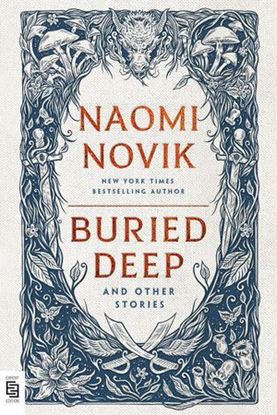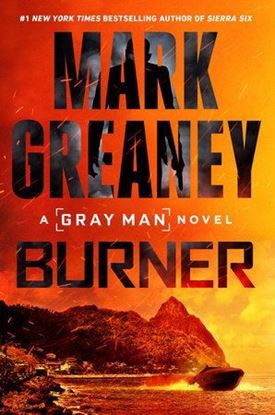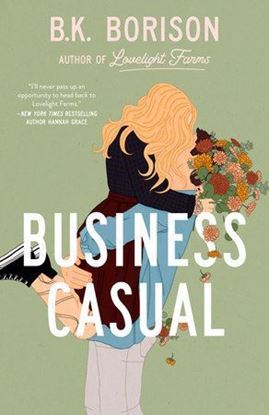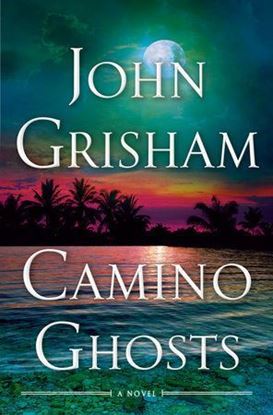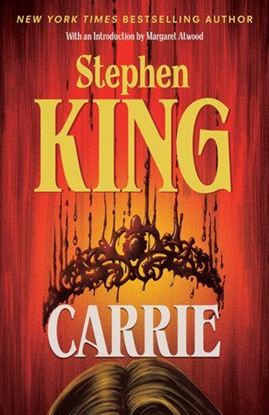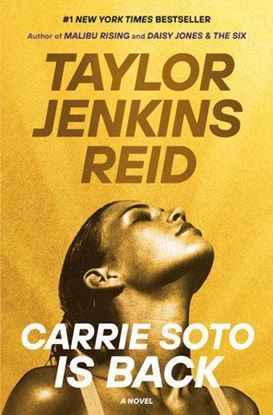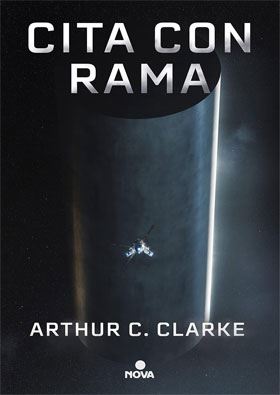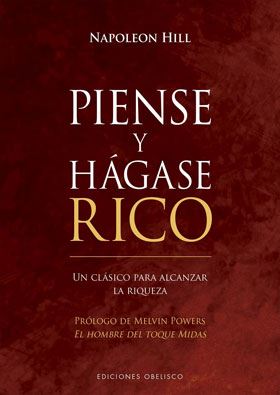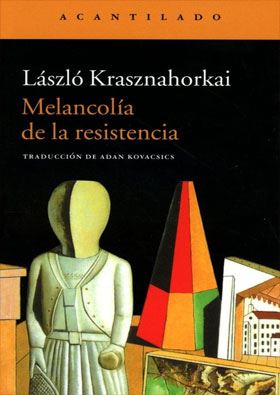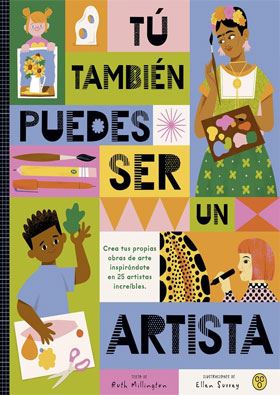

BURIED DEEP AND OTHER STORIES
From the dragon-filled Temeraire series and the gothic magical halls of the Scholomance trilogy, through the realms next door to Spinning Silver and Uprooted, this stunning collection takes us from fairy tale to fantasy, myth to history, and mystery to science fiction as we travel through Naomi Novik’s most beloved stories. Here, among many others, we encounter:
• A mushroom witch who learns that sometimes the worst thing in the Scholomance can be your roommate.
• The start of the Dragon Corps in ancient Rome, after Mark Antony hatches a dragon’s egg and bonds with the hatchling.
• A young bride in the Middle Ages who finds herself gambling with Death for the highest of stakes.
• A delightful reimagining of Pride & Prejudice, in which Elizabeth Bennet captains a Longwing dragon.
• The first glimpse of the world of Abandon, the setting of Novik’s upcoming epic fantasy series—a deserted continent populated only by silent and enigmatic architectural mysteries.
Though the stories are vastly different, there is a unifying theme: wrestling with destiny, and the lengths some will go to find their own and fulfill its promise.
995
BURNER
When you kick over a rock, you never know what's going to crawl out.
Alex Velesky is about to discover that the hard way. He's stolen records from the Swiss bank that employs him, thinking that he'll uncover a criminal conspiracy. But he soon finds that he's tapped into the mother lode of corruption. Before he knows it, he's being hunted by everyone from the Russian mafia to the CIA.
Court Gentry and his erstwhile lover, Zoya Zakharova, find themselves on opposites poles when it comes to Velesky. They both want him but for different reasons.
That's a problem for tomorrow. Today they need to keep him and themselves alive. Right now, it's not looking good.
995
BUSINESS CASUAL
Two opposites decide to test their chemistry with one steamy night together. But will once be enough?
Nova Porter isn’t looking for love, and she certainly has no explanation for her attraction to buttoned-up, three-piece-suit-wearing investment banker Charlie Milford. Maybe it’s his charm? Or maybe it’s his determination to help her fledgling business however he can. Either way, she’s distracted every time he’s around. With her new tattoo studio set to open in her hometown of Inglewild, she doesn’t have time for frivolous flirtations.
In an effort to get Charlie out of her system once and for all, Nova offers a proposition. One night. No strings. They’ll kick their uncomfortable attraction to the curb and return to their respective responsibilities. But their explosive night together scatters their expectations like fallen leaves. And with Charlie in town as the temporary head of Lovelight Farms, Nova can’t quite avoid him.
And Charlie? Well, Charlie knows a good investment when he sees one. He’s hoping he can convince Nova he’s worth some of her time.
800
CAMINO GHOSTS
Don’t miss John Grisham’s upcoming Framed, his first work of nonfiction since The Innocent Man!
Mercer Mann, a popular writer from Camino Island, is back on the beach, marrying her boyfriend, Thomas, in a seaside ceremony. Bruce Cable, infamous owner of Bay Books, performs the wedding. Afterward, Bruce tells Mercer that he has stumbled upon an incredible story. Mercer desperately needs an idea for her next novel, and Bruce now has one.
The true story is about Dark Isle, a sliver of a barrier island not far off the North Florida coast. It was settled by freed slaves three hundred years ago, and their descendants lived there until 1955, when the last one was forced to leave. That last descendant is Lovely Jackson, elderly now, who loves her birthplace and its remarkable history. But now Tidal Breeze, a huge, ruthless corporate developer, wants to build a resort and casino on the island, which Lovely knows, deep down, is rightfully hers.
1,550
CARRIE (PB)
Unpopular at school and subjected to her mother’s religious fanaticism at home, Carrie White does not have it easy. But while she may be picked on by her classmates, she has a gift she’s kept secret since she was a little girl: she can move things with her mind. Doors lock. Candles fall. Her ability has been both a power and a problem. And when she finds herself the recipient of a sudden act of kindness, Carrie feels like she’s finally been given a chance to be normal. She hopes that the nightmare of her classmates’ vicious taunts is over . . . but an unexpected and cruel prank turns her gift into a weapon of horror so destructive that the town may never recover.
1,250
CARRIE SOTO IS BACK
Carrie Soto is fierce, and her determination to win at any cost has not made her popular. But by the time she retires from tennis, she is the best player the world has ever seen. She has shattered every record and claimed twenty Grand Slam titles. And if you ask Carrie, she is entitled to every one. She sacrificed nearly everything to become the best, with her father, Javier, as her coach. A former champion himself, Javier has trained her since the age of two.
But six years after her retirement, Carrie finds herself sitting in the stands of the 1994 US Open, watching her record be taken from her by a brutal, stunning player named Nicki Chan.
At thirty-seven years old, Carrie makes the monumental decision to come out of retirement and be coached by her father for one last year in an attempt to reclaim her record. Even if the sports media says that they never liked “the Battle-Axe” anyway. Even if her body doesn’t move as fast as it did. And even if it means swallowing her pride to train with a man she once almost opened her heart to: Bowe Huntley. Like her, he has something to prove before he gives up the game forever.
1,900

